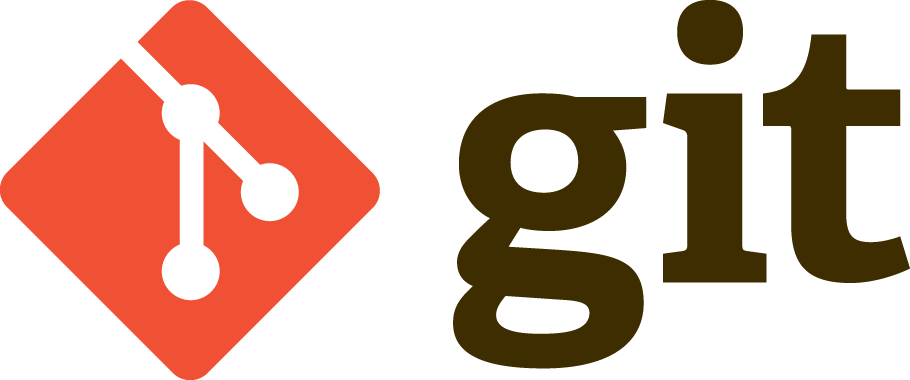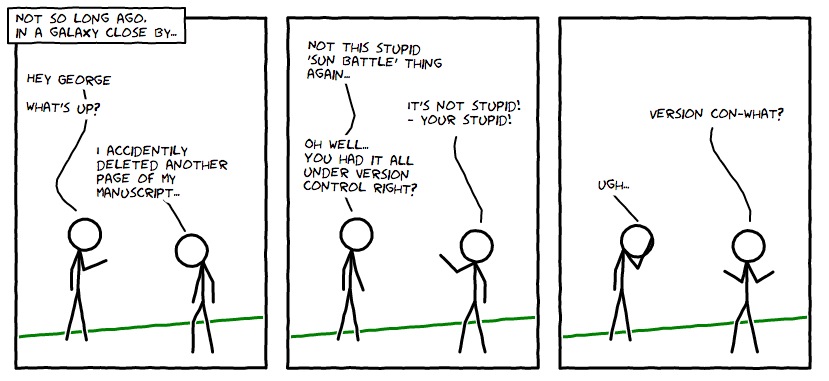This page will serve as an introduction to Git and the ways it is being used across the software development scenario.
 Git is a free and open source distributed version control system designed to handle everything from small to very large projects with speed and efficiency. Git is pretty easy to learn and is beginner friendly as well as capable enough to handle complex tasks.
Git is a free and open source distributed version control system designed to handle everything from small to very large projects with speed and efficiency. Git is pretty easy to learn and is beginner friendly as well as capable enough to handle complex tasks.
Version control, AKA Source control, is a practice that is prevalent among developers for decades, it is so old that none of us would've been born at that time. The first publicly released version control system, SCCS version 4, developed at Bell Labs was released on February 18, 1977. Git is the most popular version control system that has been used by majority of developers for a long time. There are other version control systems, but we will limit ourselves to Git for now.
"To err is human"
Being humans we tend to make mistakes. Some of them can be harmless, like forgetting to add a + C in indefinite integration, some can have major impacts, like deleting the entire code base of a project 💀.
Git is here to rescue you if you mess up real bad! Deleted your code? No problems, if you committed to the Git repository, then a simple git revert HEAD will get you your code back, as if like a time machine, fascinating right ‽
You can commit changes to your Git repository, you can pull changes from your Git repository, you can checkout to a different branch and work parallelly on a different feature while your team works on something else and many more things that can be done with Git.
Now all these fancy terms might seem alien to you, but hey! that is why you are here, in this onboarding process. By the end of this, you too will know everything that is to know about Git!
Click here to move on to the next module.
